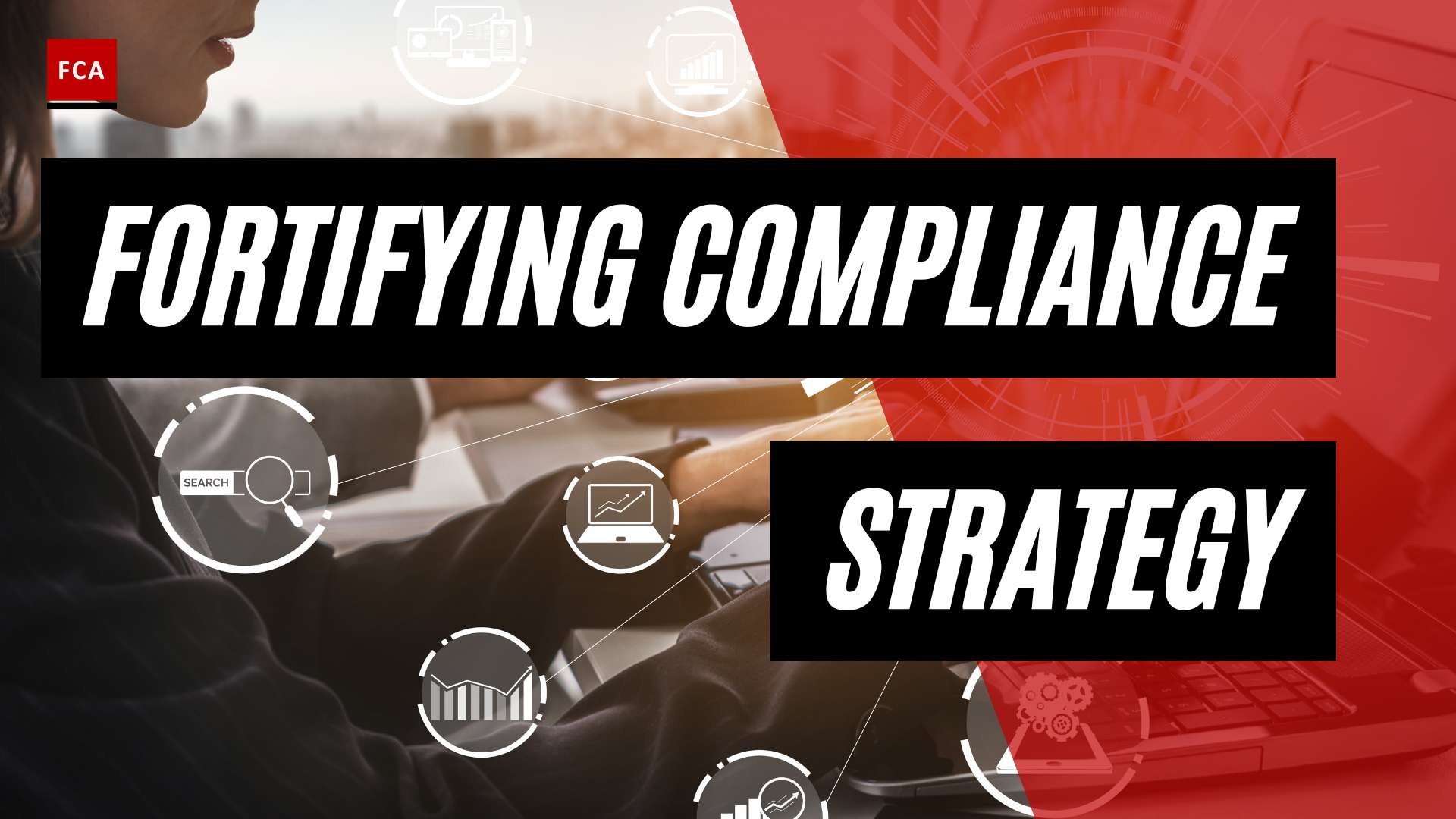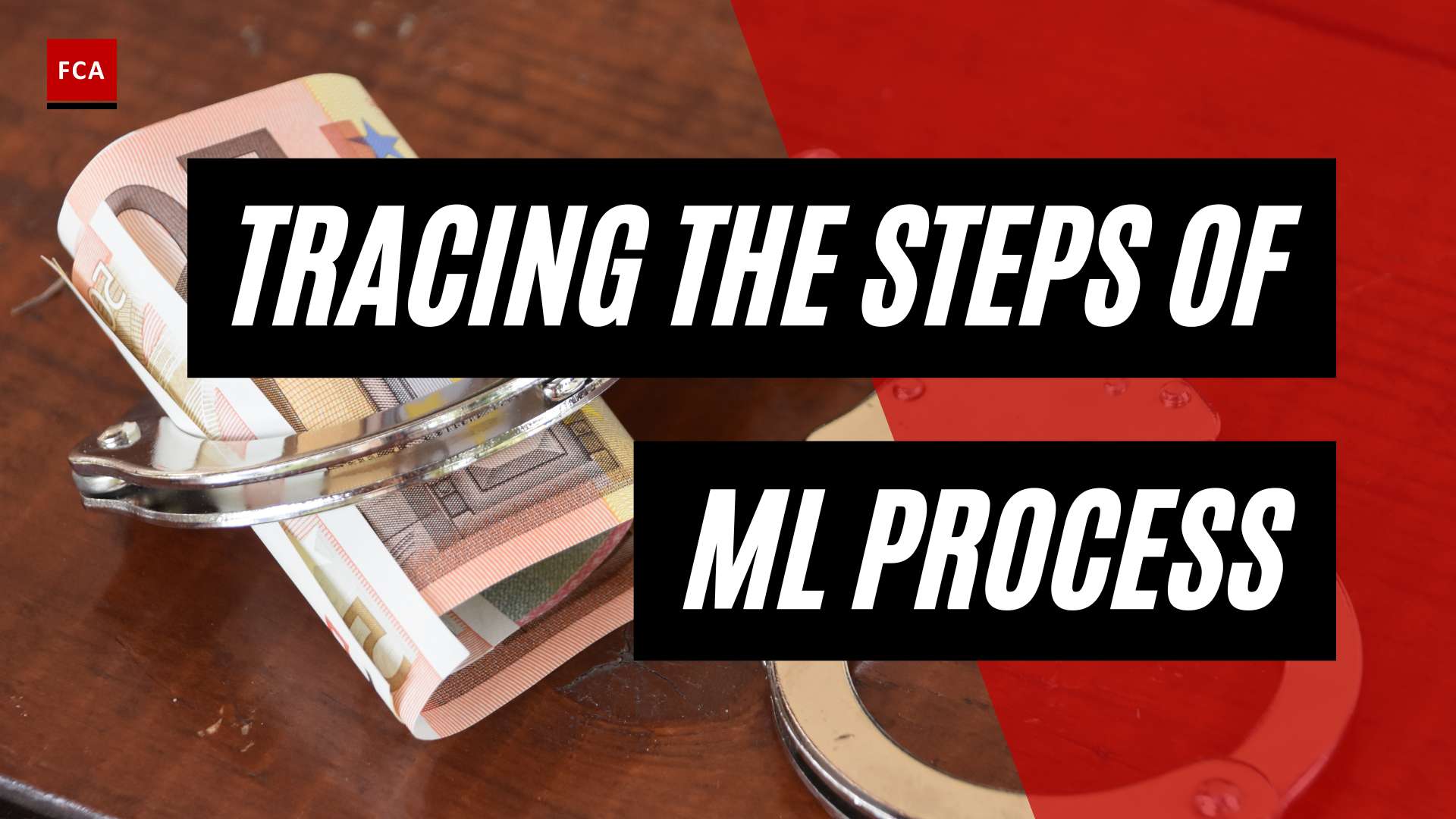AML Career Overview
Before delving into the job prospects and recruitment trends in the field of Anti-Money Laundering (AML), it’s important to understand the basics of AML and the significance of AML professionals.
What is Anti-Money Laundering?
Anti-Money Laundering (AML) refers to a set of laws, regulations, and procedures designed to prevent the illegal generation of funds through criminal activities and the disguising of their origins. Money laundering involves the process of making illegally obtained money appear legitimate by passing it through a complex sequence of transactions and layers of financial systems. The primary goal of AML is to detect and deter money laundering, terrorism financing, and other illicit financial activities.
AML professionals play a vital role in the financial services industry and beyond. They are responsible for implementing and enforcing AML policies and procedures to ensure compliance with regulatory requirements. By monitoring financial transactions, conducting risk assessments, and investigating suspicious activities, AML professionals help safeguard the integrity of the financial system and protect organizations from reputational and regulatory risks.
Importance of AML Professionals
The importance of AML professionals cannot be overstated, particularly in today’s global landscape where money laundering and financial crimes continue to pose significant threats. AML professionals act as the first line of defense against illegal financial activities, working diligently to identify and mitigate potential risks.
These professionals contribute to the overall stability and security of the financial sector by:
- Identifying and reporting suspicious transactions: AML professionals are trained to recognize patterns and behaviors that may indicate money laundering or other illicit activities. By identifying and reporting suspicious transactions, they help prevent criminals from exploiting the financial system.
- Ensuring regulatory compliance: AML professionals play a crucial role in ensuring that organizations adhere to AML laws and regulations. They help develop and implement robust compliance programs, conduct risk assessments, and provide training to employees.
- Collaborating with law enforcement agencies: AML professionals often work closely with law enforcement agencies, sharing information and supporting investigations into financial crimes. Their expertise and insights contribute to the successful prosecution of money laundering cases.
- Protecting organizations from reputational and financial risks: By implementing effective AML measures, AML professionals help safeguard the reputation and financial well-being of organizations. Their efforts mitigate the risk of legal penalties, regulatory sanctions, and damage to the organization’s brand and customer trust.
As the financial landscape evolves and criminals find new ways to exploit the system, the role of AML professionals becomes increasingly critical. Organizations across various industries rely on these professionals to maintain their integrity, comply with regulatory requirements, and protect themselves from financial crimes.
In the next section, we will explore the current trends in AML recruitment, including high-risk industries for money laundering, the role of technology, and the growing demand for AML professionals.
AML Recruitment Trends
In the ever-evolving landscape of anti-money laundering (AML), understanding the recruitment trends is crucial for professionals working in compliance, risk management, and other related fields. Here, we explore the current trends in AML recruitment, focusing on high-risk industries for money laundering, high-risk customers and suspicious behavior, vulnerable industries for money laundering, virtual business and money laundering, and geographical risk factors in AML.
High-Risk Industries for Money Laundering
Certain industries pose higher risks for money laundering and terrorist financing. Financial institutions, including banks, currency exchange houses, check cashing facilities, and payment processing companies, are particularly vulnerable due to their involvement in monetary transactions. Additionally, industries such as real estate, automotive, and businesses with branches located in high-risk countries are also at increased risk for money laundering and terrorist financing (sanctions.io).
To combat money laundering effectively, organizations operating in these industries must establish robust AML programs and ensure compliance with relevant regulations. This creates a demand for qualified AML professionals who can help identify and mitigate potential risks.
High-Risk Customers and Suspicious Behavior
Identifying high-risk customers and suspicious behavior is a critical aspect of AML efforts. High-risk customers may exhibit behaviors such as reluctance to provide information, complex ownership structures, extensive use of cash, or connections to politically exposed persons (PEPs). Suspicious behavior can include inconsistent spending patterns, multiple unexplained accounts, rapid turnover of professional advisors, and unexplained payment of higher fees (sanctions.io).
AML professionals play a vital role in monitoring customer behavior and conducting due diligence to identify potential red flags. By staying vigilant and implementing effective risk assessment procedures, organizations can better detect and prevent money laundering activities.
Vulnerable Industries for Money Laundering
Industries that involve a high volume of electronic payments, such as ACH, wire transfers, remittances, and prepaid cards, are particularly vulnerable to money laundering and terrorist financing. Other sectors prone to money laundering risks include online account opening, remote mobile deposits, investment businesses, trust and company services, and accounting services with falsified records. Additionally, industries dealing with high-value assets like cars, boats, planes, and real estate are also susceptible to money laundering activities.
Organizations operating in these industries should prioritize AML measures, including robust customer due diligence, transaction monitoring, and reporting suspicious activities to relevant authorities. AML professionals with expertise in these sectors are in high demand to help mitigate money laundering risks.
Virtual Business and Money Laundering
With the rise of technology and e-commerce, virtual businesses without physical interactions face unique challenges in combating money laundering. Industries offering services remotely, such as remote banking, payment services, currency exchanges, and real estate transactions where the buyer is absent, are at higher risk for money laundering and terrorist financing (sanctions.io).
To address these risks, organizations must implement robust AML controls tailored to the virtual business environment. AML professionals with expertise in virtual business operations and technology-driven risk management are essential in developing effective preventive measures.
Geographical Risk Factors in AML
Geographical risk factors also play a significant role in AML efforts. Industries with business locations in countries identified as high-risk for money laundering and terrorist financing by international bodies like the Financial Action Task Force (FATF) face inherent risks due to the geographical location of their operations (sanctions.io).
Organizations operating in these areas must be particularly vigilant and implement enhanced due diligence measures to ensure compliance with AML regulations. AML professionals with knowledge of regional risks and expertise in international AML frameworks are valuable assets in mitigating geographical risk factors.
By staying informed about AML recruitment trends, professionals can position themselves for success in the field. As the demand for AML specialists continues to grow, individuals with the right skills and knowledge can seize numerous opportunities available in the AML job market.
AML Job Prospects
The field of Anti-Money Laundering (AML) is experiencing a surge in demand for professionals with the skills and knowledge to combat financial crime. As the global landscape becomes more complex, governments and organizations are increasingly prioritizing AML efforts to mitigate the risks associated with money laundering and illicit financial activities. In this section, we will explore the growing demand for AML professionals, salary expectations, global market growth, the increasing number of AML violations, and the role of technology in AML workflows.
Growing Demand for AML Professionals
The demand for AML professionals is on the rise, with a projected 8% increase in job opportunities between 2020 and 2028. Organizations across various industries, such as banking, finance, and insurance, are seeking skilled professionals to strengthen their AML compliance programs and ensure regulatory adherence (Pideeco). This growing demand presents exciting career prospects for individuals interested in pursuing a career in AML.
Salary Expectations for AML Specialists
The salary expectations for AML specialists are competitive, reflecting the importance and complexity of their roles. According to a report from the Bureau of Labor Statistics, in May 2019, AML specialists earned an average yearly wage of $67,190, with the top 10% earning more than $113,370 annually (Pideeco). Salary ranges may vary depending on factors such as experience, qualifications, and geographic location.
Global AML Market Growth
The global AML market is experiencing significant growth, driven by the increasing focus on regulatory compliance and the need to combat money laundering and financial crime. In 2020, the market was valued at $1.68 billion, and it is projected to reach $5.26 billion by 2027. This growth reflects the expanding AML landscape and presents ample opportunities for professionals looking to enter or advance in the field of AML (Pideeco).
Increasing AML Violations and Need for Professionals
The number of AML violations in sectors such as banking has been steadily rising. According to the Office of the Comptroller of the Currency, AML violations in the US banking sector have increased by almost 40% since 2014. This trend highlights the growing need for AML professionals who can actively identify and prevent illicit financial activities. As regulations become more stringent, organizations are seeking experts in AML to ensure compliance and protect against reputational and financial risks.
Role of Technology in AML Workflows
Technological advancements are revolutionizing AML processes, and professionals with expertise in both AML regulations and innovative technologies are in high demand. The adoption of technologies like artificial intelligence (AI) and machine learning is streamlining AML workflows, enhancing the efficiency and effectiveness of financial crime detection. AML professionals who can leverage these advancements to identify patterns, anomalies, and potential risks play a crucial role in combating money laundering and ensuring regulatory compliance (Pideeco).
As the demand for AML professionals continues to grow, individuals with the right skills, qualifications, and expertise will find an array of job opportunities in the AML sector. By staying updated on industry trends, pursuing AML certifications, and continuously expanding their knowledge, professionals can position themselves for a rewarding career in the dynamic field of AML.
Skills and Qualifications for AML Professionals
To excel in the field of Anti-Money Laundering (AML), professionals need a combination of specific skills, educational qualifications, and certifications. AML specialists play a crucial role in detecting and preventing financial crimes, ensuring compliance with regulations, and safeguarding the integrity of the financial system.
Key Skills for AML Specialists
AML specialists require a range of skills to effectively carry out their responsibilities. Some of the key skills necessary for success in this field include:
- Knowledge of AML Regulations: AML specialists must have a deep understanding of anti-money laundering regulations and compliance requirements. This includes knowledge of relevant laws, industry best practices, and emerging trends in money laundering.
- Analytical Skills: AML specialists need strong analytical skills to identify patterns, detect suspicious activities, and assess financial risks. They must be able to analyze complex data sets, conduct investigations, and make informed decisions based on their findings.
- Attention to Detail: Attention to detail is crucial in AML work, as even minor discrepancies or anomalies can be indicators of suspicious activities. AML specialists must be meticulous in their review of financial transactions and documentation.
- Communication Skills: Effective communication is essential for AML specialists to collaborate with internal teams, law enforcement agencies, and external stakeholders. AML professionals need to be able to clearly articulate findings, write comprehensive reports, and deliver presentations.
- Ability to Work Under Pressure: AML specialists often work in fast-paced environments with strict deadlines and high stakes. The ability to work under pressure while maintaining accuracy and attention to detail is vital in this field.
- Proficiency in Technology Tools: AML specialists should be comfortable working with technology tools used in monitoring, analyzing, and reporting financial transactions. Proficiency in software applications, data analysis tools, and financial systems is advantageous.
For a more comprehensive list of skills, check out our article on aml professional qualifications.
Job Responsibilities of AML Analysts
AML analysts play a vital role in the detection and prevention of money laundering activities. Their job responsibilities typically include:
- Monitoring financial transactions and investigating any suspicious activities or patterns.
- Conducting risk assessments and evaluating the adequacy of internal controls and compliance procedures.
- Collaborating with internal stakeholders, such as legal, compliance, and risk management teams, to ensure AML compliance.
- Preparing reports and documentation to support investigations and compliance efforts.
- Keeping up-to-date with changing AML regulations and industry trends.
For more information on AML analyst skills and resume-building tips, visit our article on aml job openings.
AML Job Opportunities in Canada
The demand for AML professionals in Canada is notable, with numerous job opportunities available across various industries. According to LinkedIn’s job board, there are currently 61 Anti Money Laundering Specialist jobs listed in Canada, indicating a demand for professionals in this field (LinkedIn Jobs). These opportunities span diverse sectors, including banking, financial services, insurance, and consulting.
AML Job Opportunities in the UAE
The United Arab Emirates (UAE) also presents significant job prospects for AML professionals. The UAE’s dynamic financial sector and its commitment to combatting financial crimes have created a growing demand for AML specialists. AML officers in the UAE can expect competitive salaries, with average annual earnings ranging from AED 216,000 to AED 618,000 (AML UAE). The UAE offers opportunities in banking institutions, financial free zones, and regulatory bodies, among others.
By acquiring the necessary skills, educational qualifications, and certifications, professionals can position themselves for a rewarding career in AML. With the demand for AML specialists on the rise globally, exploring job opportunities in Canada and the UAE can open doors to a fulfilling and impactful career.
AML Career Path for CPAs
For Certified Public Accountants (CPAs) looking to explore new career paths, the field of Anti-Money Laundering (AML) offers a range of opportunities. CPAs are well positioned to work in the field of AML due to the knowledge and skills they acquire through their training and professional experience. Let’s delve into the different aspects of the AML career path for CPAs.
CPAs in the Field of AML
CPAs bring a unique perspective to the AML field, thanks to the diverse courses they undertake as part of their training. Their financial expertise, understanding of IT systems, knowledge of cash flow, strategic planning, control measures, and performance measures make them well-suited for AML roles. CPAs are adaptable professionals who are accustomed to interpreting regulations and can easily acquire additional training to stand out in the AML field.
AML Career Opportunities for CPAs
CPAs have diverse career opportunities in the field of AML at different stages of their professional journey. Entry-level positions, such as investigators at banks, involve conducting investigations on potentially unusual transactions. These positions allow CPAs to apply their analytical skills and financial knowledge to identify potential money laundering activities.
As CPAs progress in their careers, they can explore mid-level or senior positions in financial services, technology, or consulting industries. These roles may involve strategy development, policy interpretation, system implementation, and leveraging automation or AI for enhanced detection. CPAs’ understanding of financial systems and their ability to analyze complex data make them valuable assets in these leadership or transformation roles within the AML field.
CPAs’ Skills and Advantage in AML
The skills acquired by CPAs serve as a strong foundation for success in the AML field. CPAs possess strong analytical and critical thinking abilities, allowing them to identify patterns and anomalies that may indicate potential money laundering activities. Their attention to detail and understanding of financial records enable them to conduct thorough investigations and ensure compliance with regulations. Additionally, CPAs’ strong ethics and professional skepticism contribute to maintaining the integrity of the AML process.
CPAs also have an advantage in terms of professional qualifications that are highly regarded in the AML field. Their designation as CPAs demonstrates their commitment to professionalism, ethics, and ongoing education. This distinction can give them a competitive edge when pursuing AML career opportunities.
Diverse AML Career Paths for CPAs
Within the AML field, CPAs can pursue various career paths based on their interests and aspirations. Some CPAs may choose to specialize in a specific industry, such as banking, insurance, or fintech, focusing on AML compliance within that sector. Others may prefer to work for regulatory bodies or AML consulting firms, providing guidance and expertise to organizations across different industries.
CPAs with a passion for technology and data analytics can explore roles that involve leveraging technology and automation to enhance AML detection and prevention efforts. These positions often require a combination of financial expertise and technological proficiency, allowing CPAs to contribute to the development and implementation of innovative AML solutions.
Qualities for Success in AML
To thrive in the AML field, individuals, including CPAs, must possess certain qualities. Creativity, adaptability, vigilance, curiosity, good judgment, and strong communication skills are all essential attributes for AML professionals. AML work often involves complex investigations and the interpretation of regulations, requiring professionals to think critically and apply their expertise effectively. Strong ethics, professional skepticism, and a desire to make a difference in combating financial crime are also crucial factors for success in the AML field.
Networking, mentoring, and knowledge-sharing are common aspects of working in the AML field. CPAs interested in pursuing an AML career should actively seek advice and guidance from experienced professionals to enhance their understanding of the industry and stay updated on the latest developments and best practices.
By leveraging their financial expertise, analytical skills, and professional qualifications, CPAs can embark on a rewarding career path in the AML field. The combination of their accounting background and AML knowledge positions CPAs as valuable assets in the fight against money laundering and financial crime.








